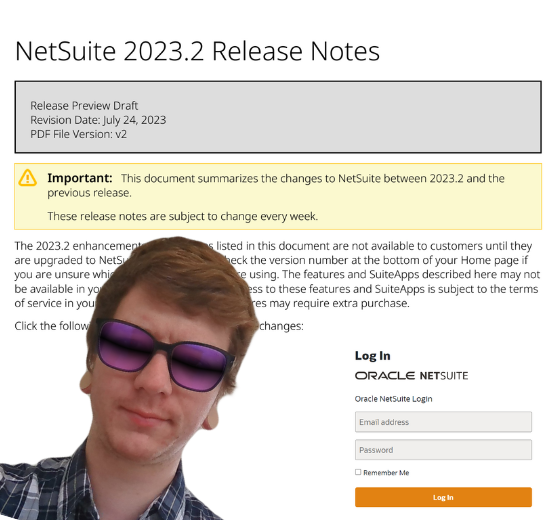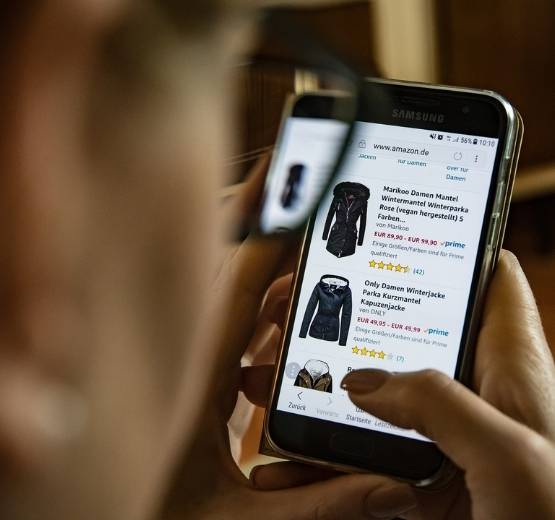With a rapidly evolving retail landscape as a result of the current pandemic, figuring out the best strategies in this new normal when it comes to marketing, forecasting, goods procurement and order fulfilment for omnichannel retailers is an ongoing task. Get it right, and the opportunities are there for the taking. Dawdle with decisions, and risk being left behind.
From making decisions based on real-time, in-depth information to retaining the new wave of online customers the pandemic has created, an ERP system to bring together key business functions can present the best approach. Think of capitalising on the capability to react quickly and juggle the profitability of channels and seizing opportunities to meet expectations around delivery options.
Retaining new customers in a competitive landscape
The pandemic has caused a significant increase in online shopping, with many people not just shopping online more, but also shopping for goods they wouldn’t have usually used online channels for, and trying new retailers. With recent research by PFS Commerce suggesting that more than 50 per cent of people purchased more online during the pandemic than before, and almost 80 per cent of those likely to continue to do more online shopping, the opportunities are aplenty for those who can successfully manage and meet their customers’ expectations.
For online retailers, or those with store and online offerings, this is great news and has reduced the cost associated with customer acquisition. But in this era of unprecedented online customer acquisition, the right CRM approach is needed to retain them. Having a positive experience is key, so being able to personalise the customer experience will go a long way to achieving that.
It is vital to understand how the constantly evolving landscape is affecting consumer buying behaviour, but using disparate systems to monitor and manage lead generation, sales, upsell and cross sell opportunities means opportunities to satisfy and retain the customer can be lost. Business data sources such as inventory management and fulfilment must be integrated with sales and marketing to effect customer satisfaction, retention and advocacy.
Using a real-time solution that offers a holistic view of the entire customer lifecycle, such as Oracle NetSuite, is the only efficient way to keep abreast of customer behaviour, therefore facilitating the flexibility that is needed to capitalise on opportunities when they arise. Or, change tack, if the current strategy isn’t effective. With more people buying goods online that they wouldn’t have previously considered pre-pandemic, automating key sales, marketing and customer service processes allows for the tracking of customer touchpoints and gives better insights and forecasting capabilities needed in today’s ever-changing landscape.
Being ready for sudden changes that affect demand
Customer buying behaviour can be subject to change at any time, but in the current climate, fluctuations are more likely and more significant. With the ongoing threat of being plunged into local or wider lockdowns, and potential issues around imported goods, being ready for sudden fluctuations in demand has never been more pertinent. Switching between in-store and online sales – through a variety of channels including mobile devices, desktop, smart speakers – can be planned for with the right technology in place to offer the relevant information at the right time.
Operational efficiency is fundamental to weathering fluctuations and maximising the opportunities for wholesale distributors and retailers. Effectively managing inventory and optimising warehouse operations – from layout to inbound and outbound logistics – can be achieved when a unified view of all merchandise data, across all locations and channels, is available. This is where having a good ERP system in place will pay dividends.
Another crucial element to consider in this era of dramatically increased omnichannel shopping is delivery. From a local lockdown making online shopping more necessary to customers wanting to buy online but collect in store, having the right stock in the right place at the right time is vital to being able to react to changing demand and meet the growing consumer expectations around delivery of purchases. While the pandemic may have made consumers more patient on delivery lead times initially, they now have high expectations around delivery options and speed.
Catering for changing consumer trends
As we hurtle towards Christmas 2020, many retailers and wholesale distributors will be looking to maximise the opportunities, but may need to effect whole new strategies in the wake of the pandemic.
As social gatherings are likely to be less popular, potentially in favour of ‘virtual’ gatherings, the usual party items may be in shorter demand. Perhaps larger party food packs, or bottles of Champagne may be swapped out for ingredients to make home-cooked creations, and spirits/cocktail ingredients will be favoured, as people celebrate at home in smaller gatherings.
Shoppers will be less likely to want to risk queues when Christmas shopping, so online orders will certainly be up, while the winding down of the furlough scheme and potential redundancies may make festive purchases fewer or comprising of cheaper items. Maybe an upsurge in homemade gifts, using the creativity born from lockdown, could feature more heavily, or maybe consumers will go all-out on luxury items to treat themselves and loved ones following the tough times the pandemic has thrown at them. There are so many variables. There’s never been a more uncertain time. Therefore, having the agility to pivot quickly in any direction, meet high or low demand, or diversify into new areas will be an asset to any retailer or wholesale distributor.
Having the 360 degree view of all business data – from financials, accounting, analytics and CRM, to inventory, warehousing and order fulfilment – has allowed many businesses to flourish in recent years, but following the Coronavirus crisis, this kind of overview, intelligence and forecasting capability is a lifeline few in the retailing arena can do without. As we continue on a path of much uncertainty, having a singular instance of data that is offered by Oracle NetSuite will be invaluable in the navigation of the new normal, which seems to be anything but. Having a flexible model, underpinned and facilitated by reliable, in-depth information, will allow industry players to make informed decisions on real-time data and juggle the profitability of channels to best advantage.
Click here to read about how we implemented Oracle NetSuite for Accora, the company who received attention for its agility during lockdown, when it designed and manufactured thousands of emergency NHS beds. Or read about our workwear and hygiene product supplier, Astleys, who are now fully live on their omnichannel optimised cloud architecture.
Contact us on 0330 133 500 if you can see your business’ digital transformation as our next omnichannel case study.
Keep reading

What is a NetSuite implementation partner? How do you choose one?

Technology fit for total customer service in 2024

Retail and wholesale distribution: how to improve supply chains

Ditching Sage 1000: what you need to know from businesses that have done it

6 ways AI-ready Microsoft Dynamics 365 helps chartered associations serve members

6 retail and wholesale distribution challenges and how NetSuite solves them

The most exciting features in Microsoft Dynamics 365 2023 Release Wave 2

How to manage a new NetSuite Release: one expert's update process

What’s in NetSuite Release 2023.2?

